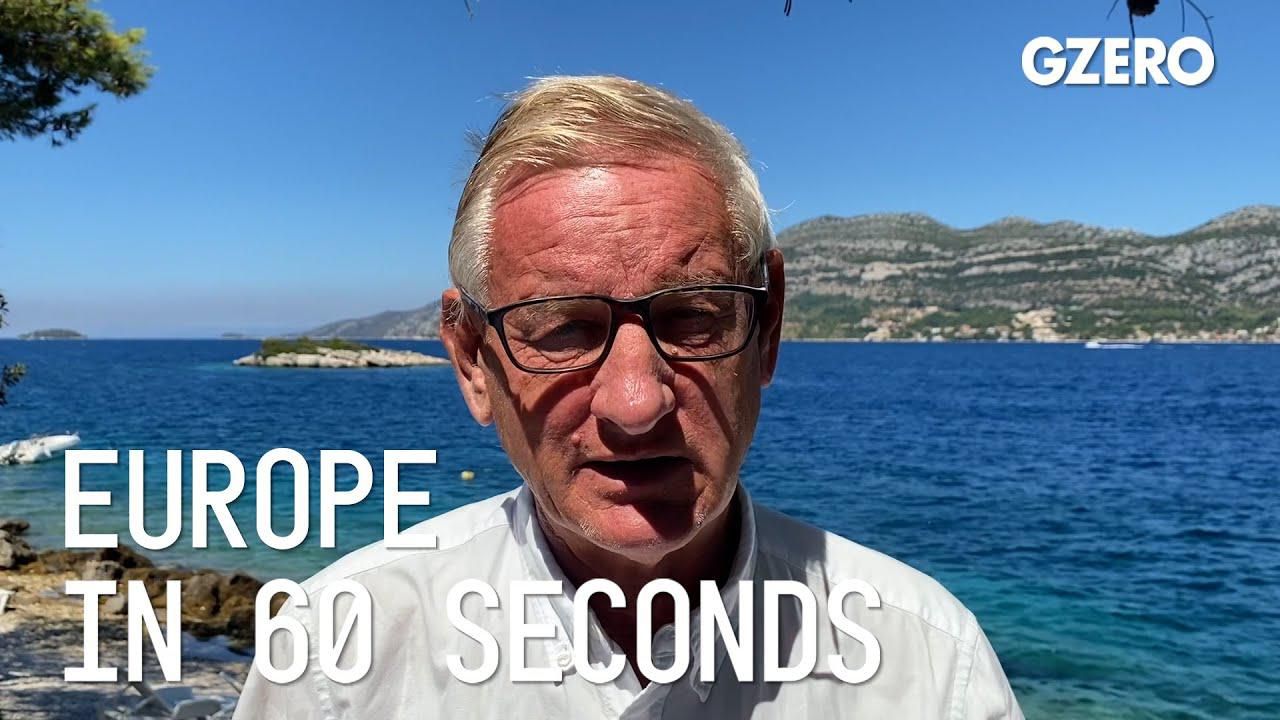
Carl Bildt, former Prime Minister and Foreign Minister of Sweden, shares his perspective from Europe:
What has been the European reaction to what's happening in Afghanistan?
Well, I think shock and disbelief is the appropriate expression for it. Shock and disbelief over the Americans just cutting out running, although you might argue that we should have seen it coming. And then, of course, a lot of long-term questions that will play out over time. Can the United States be relied upon, right or wrong? That question is going to linger for quite some time.
Are the EU nations prepared to accept Afghan refugees?
Well, the priority at the moment must of course be those that have worked for our forces, our development efforts, our embassies, and to get them out. As otherwise, Europe already has a substantial number, as a matter-of-fact Afghans are the number one nation when it comes to regular migration. Last year our figures for 2020 was 34,000 coming in. There are nearly 150,000 of them in Germany, there are 30,000 in Sweden. This is to compare with single digit thousand numbers in the US. So there will be an enormous effort to try to help displaced refugees in the region, and then the somewhat more managed global handling of the refugee issue will be called for.